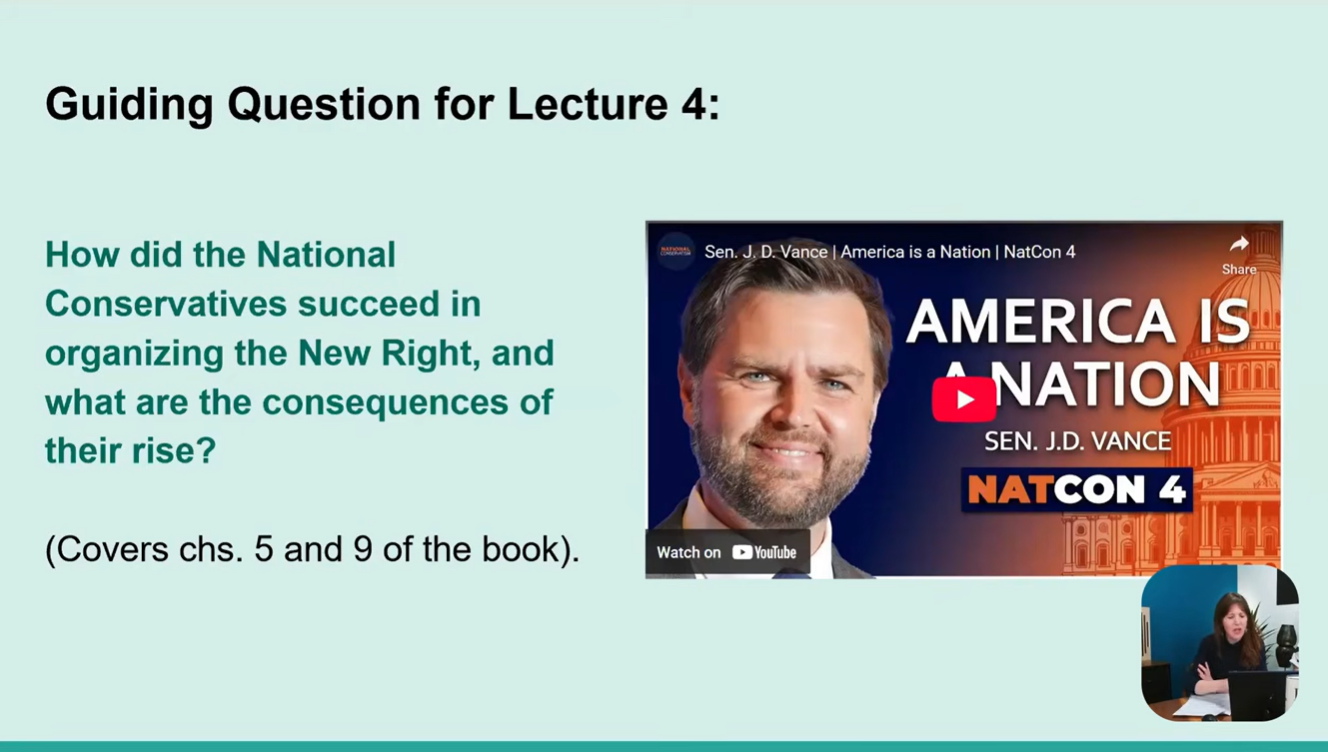The Week that Was: All of Lawfare in One Post
Your weekly summary of everything on the site.
In recognition of the 19th anniversary of the Sept. 11, 2001 terrorist attacks, Carrie Cordero reflected on the 9/11 Commission Report in the context of the ongoing pandemic.
Jen Patja Howell shared an episode of The Lawfare Podcast entitled “Cheap Fakes on the Campaign Trail,” in which Benjamin Wittes spoke with Quinta Jurecic, Jacob Schulz and Danielle Citron, a law professor at Boston University, about the past week in manipulated campaign content:
David Kris explained his takeaways from “How To Compete in Cyberspace,” a notable new article by NSA officials General Paul Nakasone and Michael Sulmeyer.
Monica M. Ruiz, Jacquelyn G. Schneider and Eli Sugarman asserted that in order to succeed in its cybersecurity mission, the Department of Defense should meaningfully strengthen its partnerships with academia.
Howell shared an episode of the Lawfare Podcast featuring an interview with Peter Stzok on his new book, “Compromised: Counterintelligence and the Threat of Donald J. Trump”:
Richard Altieri and Benjamin Della Rocca discussed the latest Sinotech news, including China’s new export-control regulations and their implications for the sale of TikTok U.S. operations to an American company.
Alex Engler argued that federal government institutions need access to more data in order to scrutinize big tech behavior.
Michelle Onibokun and Chuck Rosenberg argued that the Justice Department’s election interference policy contains dangerous ambiguities.
Howell shared an episode of the Lawfare Podcast's "Arbiters of Truth" series on disinformation, in which Quinta Jurecic sat down with Ben Nimmo, the director of investigations at Graphika, to discuss a specific campaign linked to the Russian Internet Research Agency:
David Priess and Tia Sewell announced that Lawfare’s “Collusion Reading Diary” on the Senate Intelligence Report on Russian interference is now an e-book on Kindle. Stewart Baker argued that the FBI was unduly partisan when it investigated Russian interference in the 2016 election.
Quinta Jurecic shared a reply brief filed by former U.S. district judge and court-appointed amicus John Gleeson arguing that Judge Emmet Sullivan has discretion to deny the government’s motion to dismiss the Flynn case.
Howell shared an episode of Rational Security, the “Summer is Definitely Over Edition,” with commentary on the multiple scandals that President Trump has faced this week:
Vishnu Kannan and Paul Rosenzweig explored what can be done in a post-Trump world to restore the rule of law.
Chuck Rosenberg examined whether the president-elect can claim executive privilege for advice he received after the election but before inauguration.
Orin Kerr analyzed whether the Ninth Circuit just created a new Fourth Amendment notice requirement for government surveillance.
Stewart Baker released an episode of the Cyberlaw Podcast called, “I’ll Take Hacking Tesla for One Million Dollars, Alex.” He was joined by Nick Weaver, David Kris and Dave Aitel to discuss the impending U.S. ban of WeChat and TikTok, the attempted hack into Tesla and a recent Ninth Circuit decision on warrantless surveillance:
Yuval Shany examined new official guidelines in Israel for prosecuting protesters who have been calling for the resignation of Prime Minister Benjamin Netanyahu since May outside his house.
Howell shared an episode of the Lawfare Podcast on “Everything You Wanted to Know About the Hatch Act But Were Afraid to Ask,” in which Benjamin Wittes spoke with Amanda Kane Rapp, senior counsel at Akin Gump Strauss Hauer & Feld, and Lawfare senior editor Scott R. Anderson about whether the Republican National Convention violated the law:
Tia Sewell posted a letter from the House Intelligence Committee and a related whistleblower complaint alleging wrongdoing by senior Homeland Security officials.
Sewell also shared a Justice Department complaint and affidavit charging three foreign nationals with conspiracy to violate sanctions regulations against North Korea with bank fraud and money laundering.
And she also posted a livestream of the House Intelligence Committee’s hearing on the U.S.-Saudi security and intelligence relationship.
And that was the week that was.






